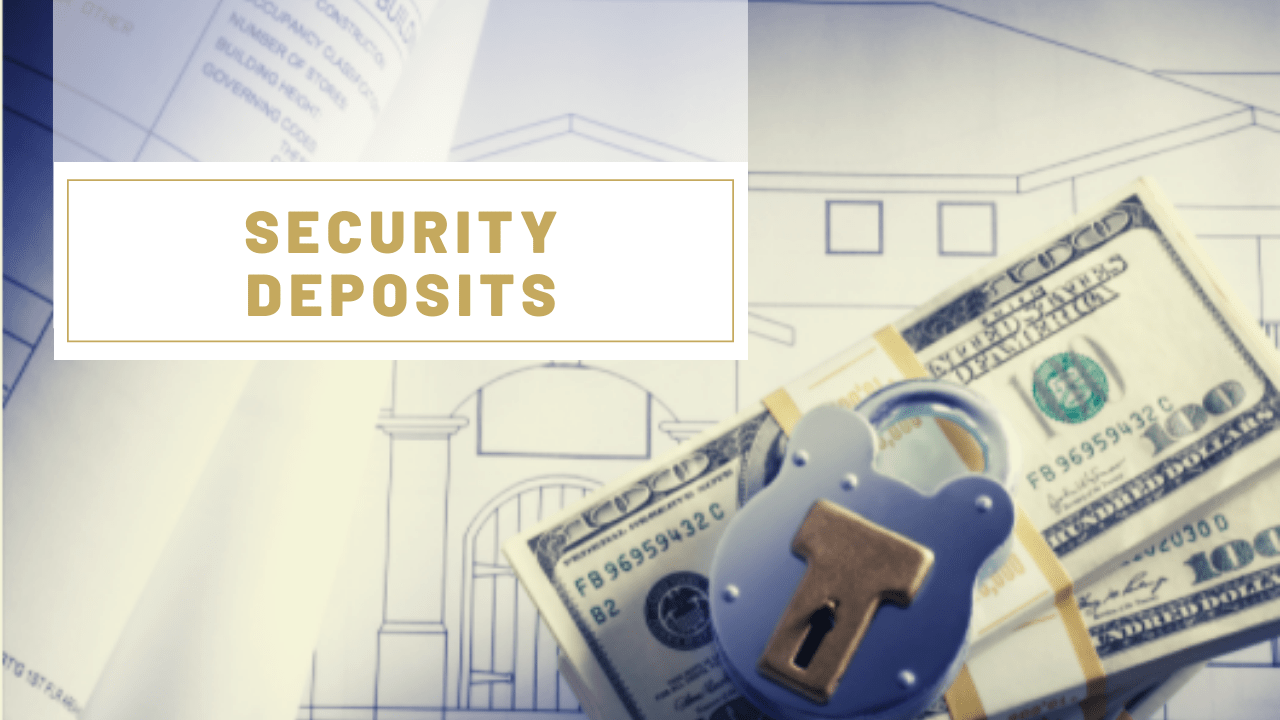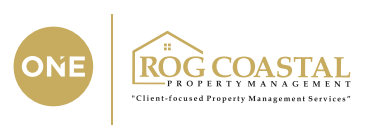
Security deposits protect you against the potential for property damage and unpaid rent. When you’re renting out a Charleston rental property, it’s important to remember that while you’re entitled to collect and hold the tenant’s security deposit, that money still belongs to the tenant, and there are specific rules and requirements that come with the way it’s returned or spent.
South Carolina has several regulations and requirements when it comes to the collection and return of the tenant’s security deposit. Make sure you’re aware of what’s required. We’ve learned that security deposit disputes can escalate quickly, and you want to avoid any conflicts or misunderstandings with your departing tenants.
Collecting the Security Deposit
South Carolina law isn’t as restrictive when it comes to collecting and holding a security deposit as other states. There’s no limit to what you can collect, for example. There’s also no requirement to provide a receipt or to hold the deposit in a specific type of account. You are not required to pay the tenant interest.
We recommend that you collect a security deposit that’s at least the equivalent of one month’s rent. That will protect you against loss of rent or damage, and it won’t be so prohibitive that you chase away good tenants who don’t want to pay more than they have to for the deposit.
We also recommend you reference the amount that was collected in your lease agreement.
Returning the Security Deposit
Charleston rental property owners have 30 days after move-out to return a tenant’s security deposit. You can incur a fine if you miss the deadline, and the penalty is steep. If you don’t return that deposit within the timeframe, you can find yourself in court, ordered to pay up to three times the amount of the deposit that you withheld.
You can make deductions if you find damage to your property. However, you can’t just take whatever amount you think is appropriate. Instead, you have to provide a statement with an itemized list of deductions. The statement must indicate the reason for the deductions, including the amount deducted.
We rarely have a situation where the damage exceeds the amount of the security deposit. However, if that happens, you’ll want to include the balance owed in your final statement to the tenant.
Send the security deposit and/or the statement explaining your deductions to the tenant’s address. If your tenant hasn’t provided a forwarding address, you’ll have to use the last known address.
Determining What to Withhold from a Charleston Security Deposit
There are two basic reasons that you can withhold a security deposit in Charleston:
- The tenant does not pay rent.
- The tenant causes excessive property damage
Normal wear and tear is expected and the responsibility of the landlord. You cannot charge tenants for small holes in the walls or scuff marks from where furniture rested.
 Damage would be broken cabinet doors or mini blinds that have been torn down. Cracked tiles in the bathroom or large stains and holes in the carpet could also be considered damage.
Damage would be broken cabinet doors or mini blinds that have been torn down. Cracked tiles in the bathroom or large stains and holes in the carpet could also be considered damage.
Make sure the damage is well-documented in case there is a dispute. You’ll want to have thorough move-in and move-out condition reports.
We recommend that you act reasonably when charging the tenant’s deposit. Court action can be difficult for landlords to win, and the punitive damages will far exceed the amount you’re arguing over. Try to resolve disputes privately.
If you have any questions or need any help with your Charleston rental property, please don’t hesitate to contact us at ROG Coastal Property Management.
